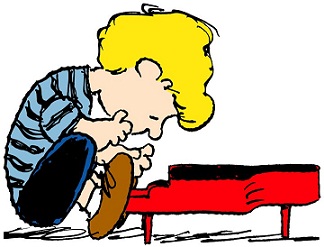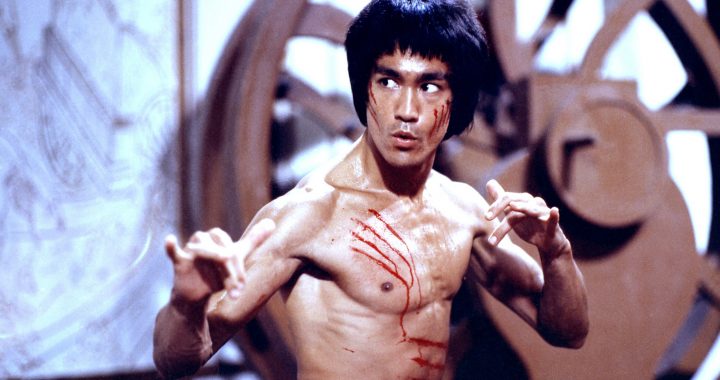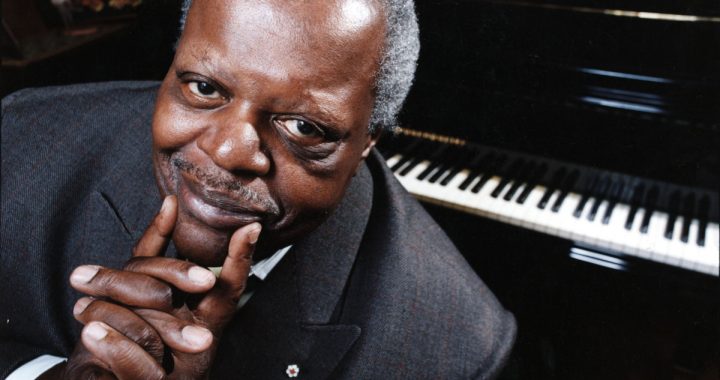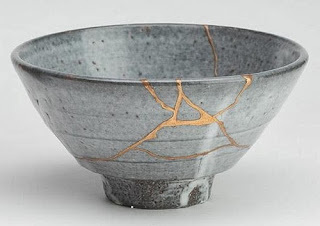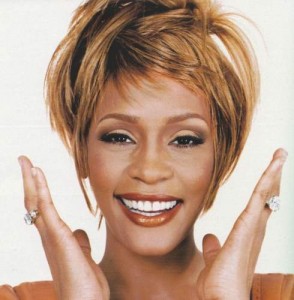“Do not deny the classical approach, simply as a reaction, or you will have created another pattern and trapped yourself there” Bruce Lee
I firmly believe in combining the contemporary side of piano playing with the more traditional style of music teaching. I personally feel that lack of attention to either side leads to incomplete development as a musician. My piano tuition practice in Notting Hill, West London is dedicated to introducing students to material and techniques that’ll give them the best grounding possible for becoming accomplished musicians.
Book My Piano Lesson Now!
Studying for the ABRSM (Associated Board Of The Royal Schools of Music) exams is a helpful background for musicians who want to have a gauge for the standard they are at. Working towards these is one of the ways we can ‘up our game’ too in our technical playing. But it’s also my opinion that the ability to improvise and reproduce a piece of music aurally (for the purposes of learning) is crucial for every performer if they wish to express their own musical character. Bach, Mozart, Liszt, Chopin, Beethoven and many others were famous for their abilities at improvisation – a point often forgotten in traditional classical methods.
My lessons look at both sides of the coin, using popular contemporary pieces to achieve the kind of rhythmic, harmonic and melodic dexterity not always available from the classical repertoire. Significant time can also be given to study of the jazz repertoire and work with chart-reading (‘real book’) and improvising.
For a student to attain ‘master’ levels of dexterity such as Oscar Peterson, Cory Henry, Hiromi Uehara and other performers at their level, the serious piano student can be pointed to studies such as Hanon, Beringer, Czerny and Oscar P himself. Composers like Chopin, Liszt, Schubert and Bach also provide some challenging finger work, exercising the hand in unique ways that are of invaluable help to those aiming at becoming master pianists. We also look at transcriptions of solos by master jazz players such as Keith Jarrett, Bill Evans, Herbie Hancock, Kenny Kirkland, Chick Corea etc, studying their harmonic and rhythmic language and formulating ways of using their styles to inform our own playing.
If this hybrid approach is one that appeals to you, why not arrange a no-obligation informal chat to discuss your aims, experience, likes and dislikes?
Book My Piano Lesson Now!
Piano Tuition in Notting Hill | Piano Tuition in Knightsbridge | Piano Tuition in Kensington | Piano Tuition in Holland Park | Piano Tuition in Shepherds Bush | Piano Tuition in Maida Vale | Piano Tuition in Paddington | Piano Tuition in Royal Oak | Piano Tuition in Kensal Green | Piano Tuition in Kensal Rise | Piano Tuition in Harlesden | Piano Tuition in Willesden | Piano Tuition in Acton | Piano Tuition in Bayswater | Piano Tuition in Lancaster Gate | Piano Tuition in White City | Piano Tuition in North Kensington | Piano Tuition in Kilburn
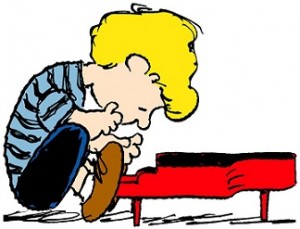 I recently experienced difficulties with my thumbs during a concentrated spell of practise. As a result, I started to do some research on playing technique, to find out if perhaps I’d developed any bad habits. Dorothy Taubman, the creator of this discipline, developed the therapeutic approach during her lifetime, dedicated to helping people with bad injuries and conditions caused by bad technique or other incorrect habits.
I recently experienced difficulties with my thumbs during a concentrated spell of practise. As a result, I started to do some research on playing technique, to find out if perhaps I’d developed any bad habits. Dorothy Taubman, the creator of this discipline, developed the therapeutic approach during her lifetime, dedicated to helping people with bad injuries and conditions caused by bad technique or other incorrect habits.